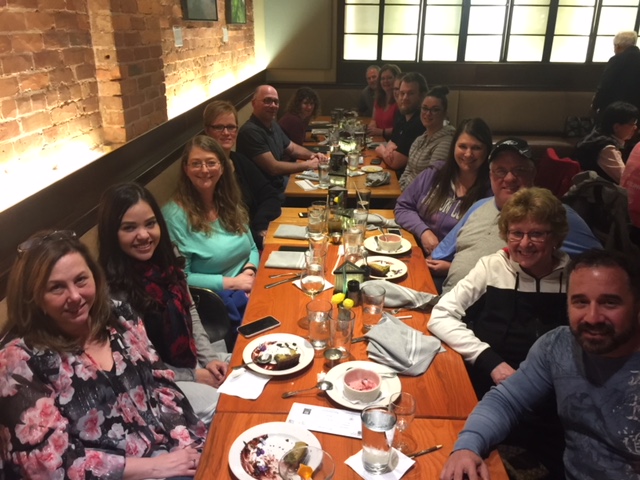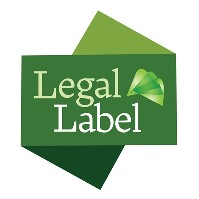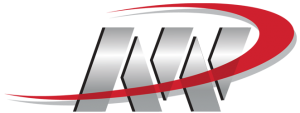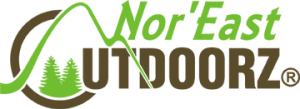|
|
We are back from an informative and fun IABFLO industry conference held in Asheville, NC!Highlights include excellent thought-provoking presentations, round table state reports on new initiatives, and a bit of fun touring the iconic Biltmore Estate and downtown Asheville (French Broad Chocolate FTW!) Many of the state updates and initiatives have been reported in our previous newsletter, but here are some highlights worth noting:
|
|
Uncategorized
EPA Title VI Guide
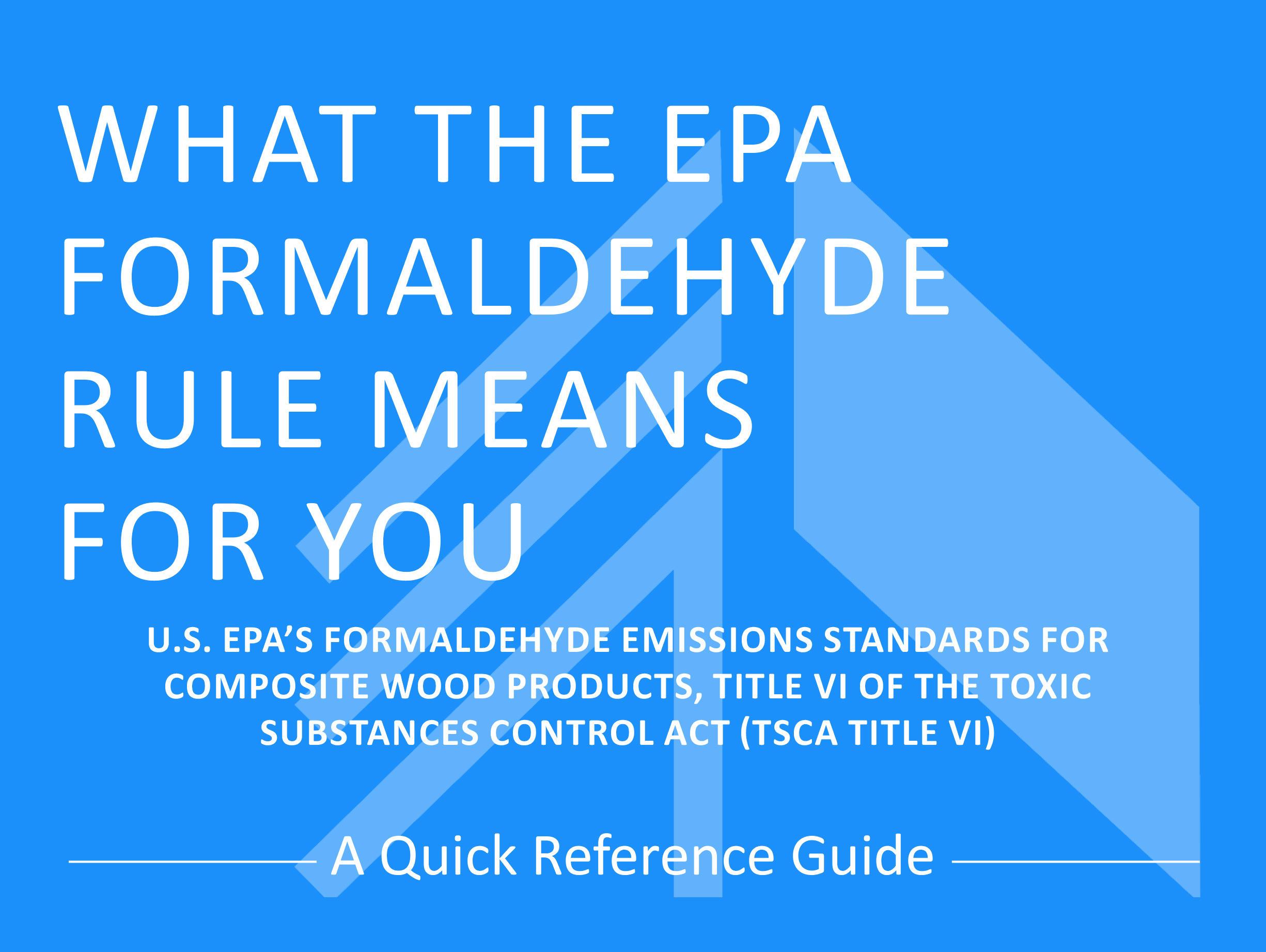
This exclusive quick reference guide is available from the 2018 Manual of Labeling Laws.
We thank the Composite Panel Association (CPA) for allowing ISPA to publish this Quick Reference Guide, which CPA has prepared regarding the EPA’s formaldehyde regulation. This information is intended for use only as a guide to understanding these rules. Readers should consult with legal counsel for advice about specific legal or compliance issues. The views, thoughts and opinions expressed in the guide belong solely to CPA, and do not reflect those of ISPA or Legal Label. CPA has made every effort to confirm the accuracy of the information in this guide at the time of publication. CPA does not assume and hereby disclaims any liability to any party for any loss, damage, or disruption caused by any errors or missions contained in this information, whether such errors or omissions result from accident, negligence, or any other cause.
For further information about CPA, please visit its website at www.compositepanel.org
| DOWNLOAD THE GUIDE |
When You No Longer Use a Manufacturer
What do you do when you’re ready to phase out a manufacturer?
At some point, you may decide you no longer wish to use a manufacturer. When this happens, there are certain steps to take to assure the states that you are doing your due diligence in shutting down.
When you stop using that manufacturer, you are discontinuing the URN. All products labeled with that URN will no longer be licensed in the states you let lapse. Even products that were previously registered and licensed will no longer be considered valid. So, should a product your company sells still be on the shelves of a store when you cancel the URN, there is a chance you could receive a violation for not being registered.
Violations can range up to $720.00. We advise you keep certain states that are stricter in violations for a year, as well as the base license. This will help avoid hefty fines.
In addition, when using a service like ours, you’ll need to let the states know that you’re giving us permission to cancel the plant. You should supply a signed Letter of Non-Renewal from the manufacturer that they no longer wish to use the URN. Legal Label provides these letters to clients who need them when closing out. If not, states will expect the license is still in use and request renewals for the manufacturer. In some cases, it can lead to confusion with other registrations.
For information on what states you should keep licensed, contact us.

Pennsylvania Licensing Fee Increase
—Licensing Fees Have Changed for Pennsylvania as of October 30th, 2017.—The Bedding and Stuffed Article licensing fees have doubled or tripled. The changes are as follows:
House Bill 118 is a bi-partisan effort, headed by Senator Kaufer (R). The bill is in regards the 2017-2018 Commonwealth Budget, and changed fees for Pennsylvania’s Department of Labor and Industry. Legal Label will update as this goes, since we are currently invoicing our client base for their 2018 renewal fees. In addition to sterilization fee changes, Pennsylvania has also announced it will accept Utah sterilization permits. Are you a mattress, bedding, upholstered furniture, or stuffed toy manufacturer/importer that needs to be registered? Contact Legal Label for all your law label and state licensing needs today. |
Legal Label Holiday Drive
—Annual Legal Label Holiday Drive Is Here!—
Thank you to those who partnered with us to make this possible.
Join Us and Be Part of this List!— |
New Employee- Melissa Evans
Please help us in welcoming our new full time Account Manager, MELISSA EVANS. Melissa grew up in the Lakes Region area and attended college at Loyola University in New Orleans where she received her B.A. in Political Science and Marketing. While she’s not at work, she is running her business GEM LOUNGE JEWELRY which is a Maine Made handcrafted jewelry company made of genuine and eco-friendly materials. Melissa enjoys traveling, cooking, snowboarding, watching football, and being at her camp in Northern Maine whenever possible.
Updated Law Label Manual Available Now
Legal Label, Inc., in partnership with The International Sleep Products Association (ISPA), has just released another updated and expanded electronic version of the Manual of Labeling Laws. You’ll find an expanded section on toys, sample toy label, sample children’s tracking label, changes to charts, states info and more. The publication is an indispensable tool that helps mattress manufacturers navigate the complexities of labeling their products for sale in different states. MORE
Changes to Crib Mattress Standard
Up For Consideration
The Subcommittee for the ASTM crib mattresses met recently to consider changes to the voluntary standard. They are considering adding requirements for mattress thickness and stitching. They will be moving forward with changes determining placement of the required warning label. The Subcommittee is also considering requirements for non-full size crib mattresses. These changes will have to be voted on, and if approved, may be finalized next year.
Imports Being Detained by US Customs
Under New Forced Labor Rules
Some imports, including fiber, are being detained by US Customs due to recent changes to US law. These products are allegedly manufactured by children, or forced labor. Products made by children or prisoners may not be imported into the U.S. Goods that are intended to meet the United States demand for particular products were exempted from these rules until recently. Trade legislation signed into law in January eliminates that exemption. According to published news reports, Customs has already begun to detain imports of several products (including viscose rayon) from at least one manufacturer in China suspected of using prison or child labor.
California Mattress Recycling
California’s mattress recycling program, Bye Bye Mattress, launched December 30th, 2015. The program, required by a 2013 law, provides mattress and box spring recycling free of charge in CA. This program also provides designated collection sites and recycling facilities, where CA residents can drop off used mattresses for free. The funding for this program is provided by an $11 recycling fee that is collected by mattress sellers on each new mattress and/or box spring that is sold in the state, and then remitted to the MRC each month.
All mattress manufacturers, importers, distributors, retailers and others selling mattresses in CA must register with the Mattress Recycling Council, or under law, you will not be allowed to sell mattresses in CA. To register for free, simply click here.



